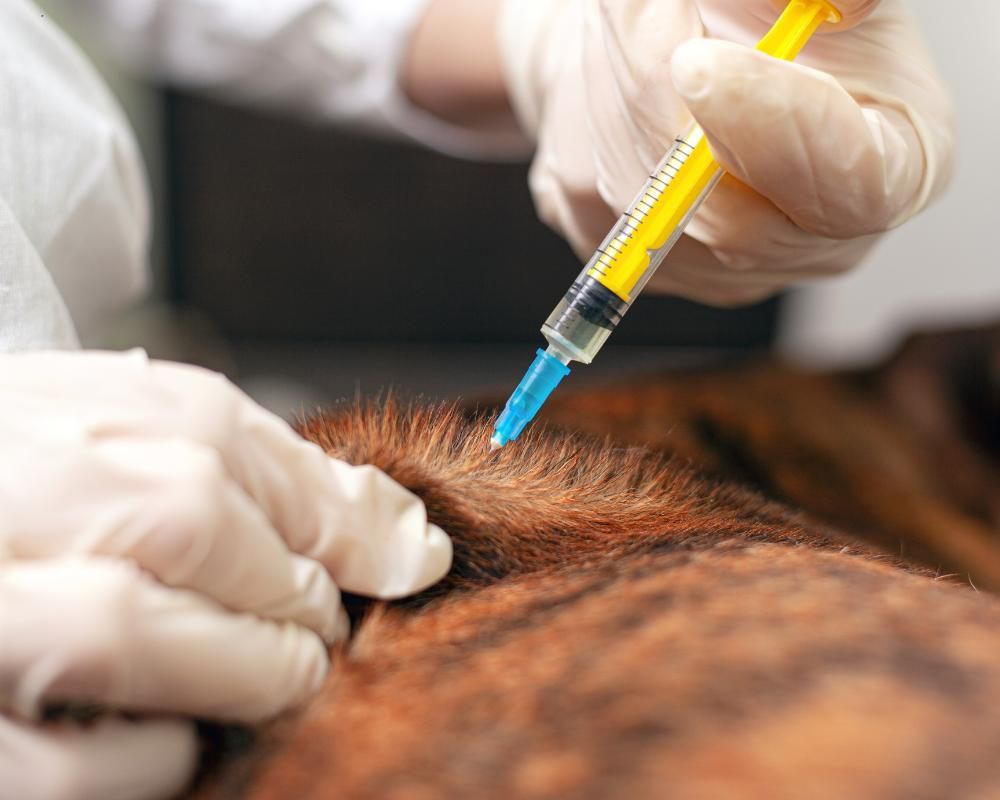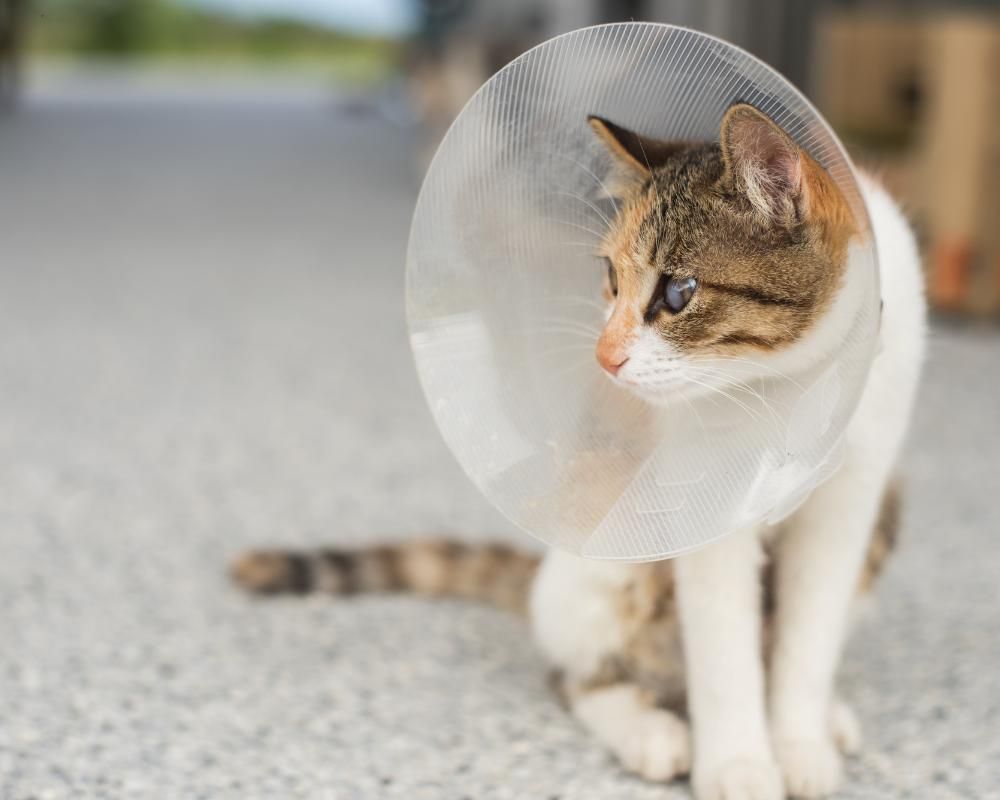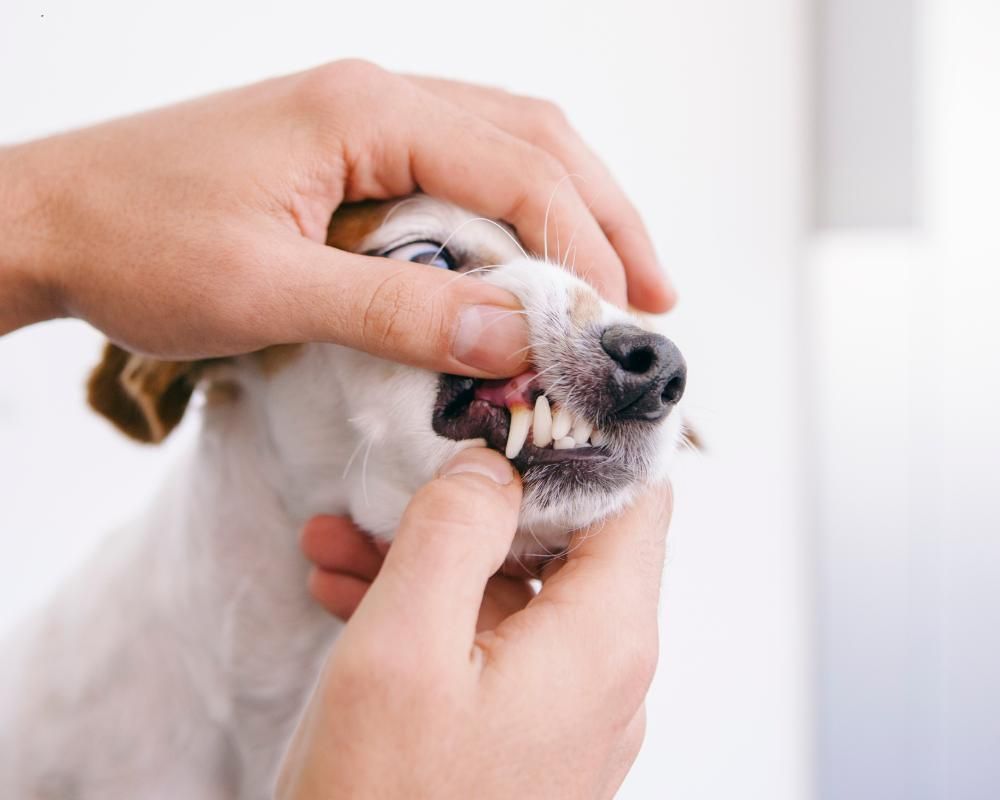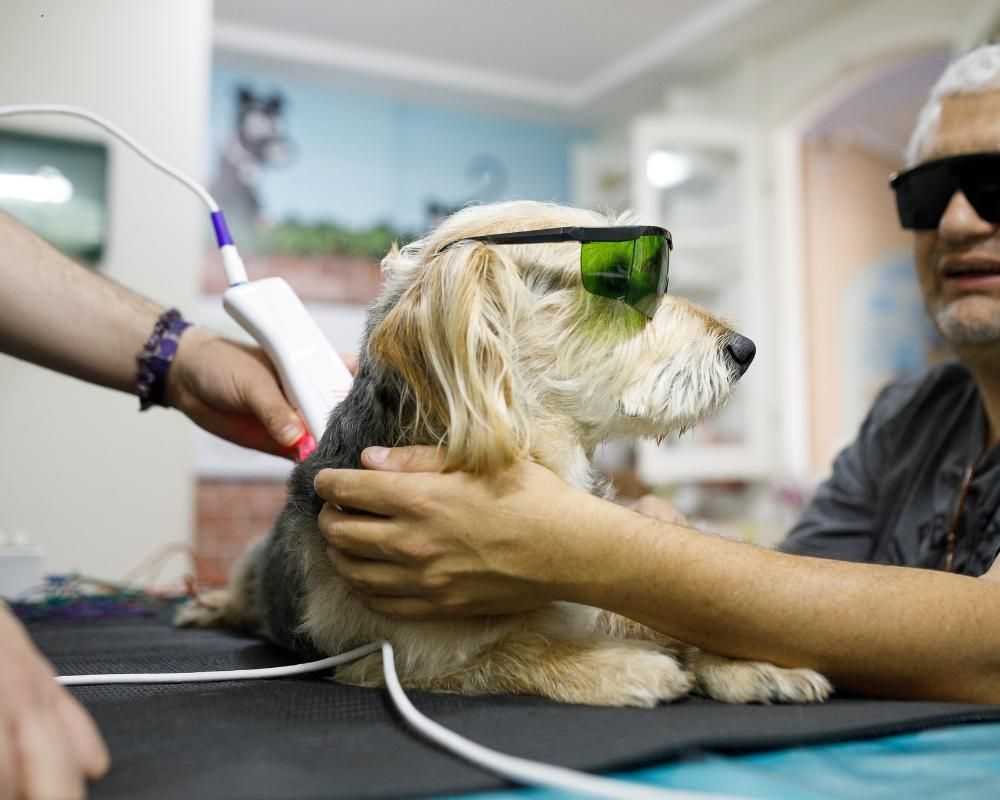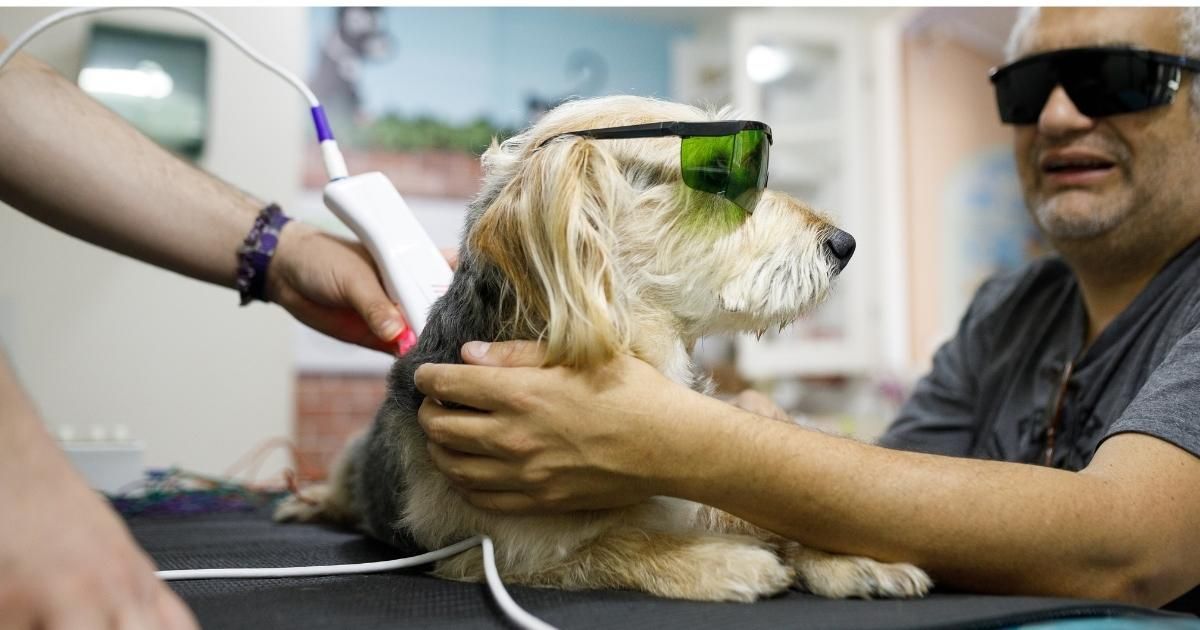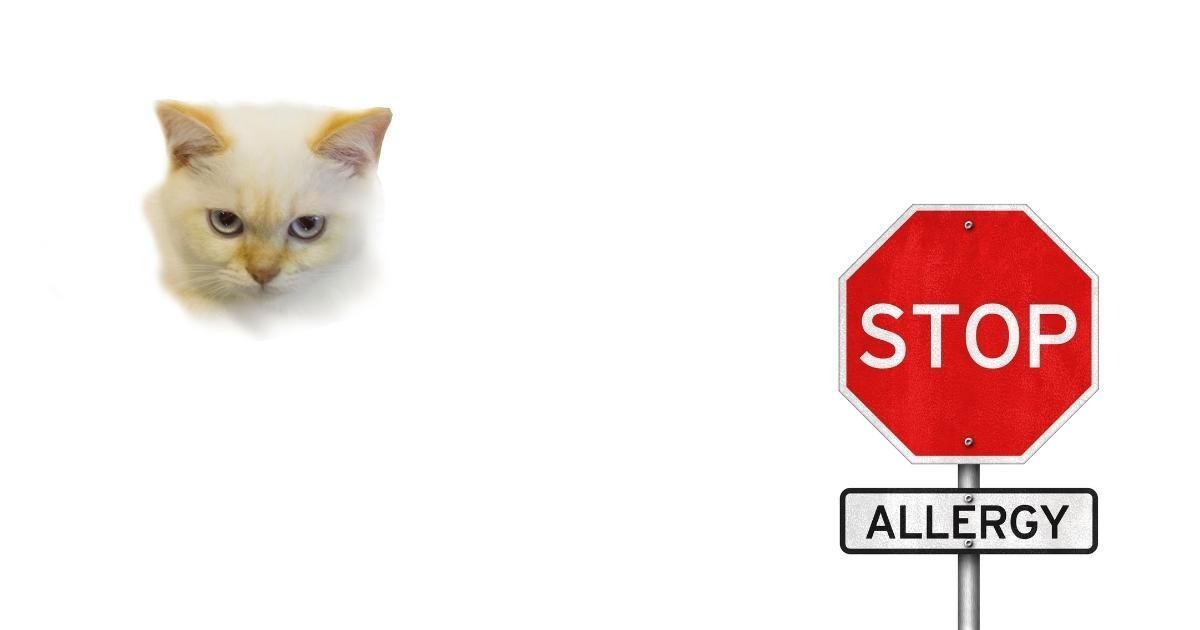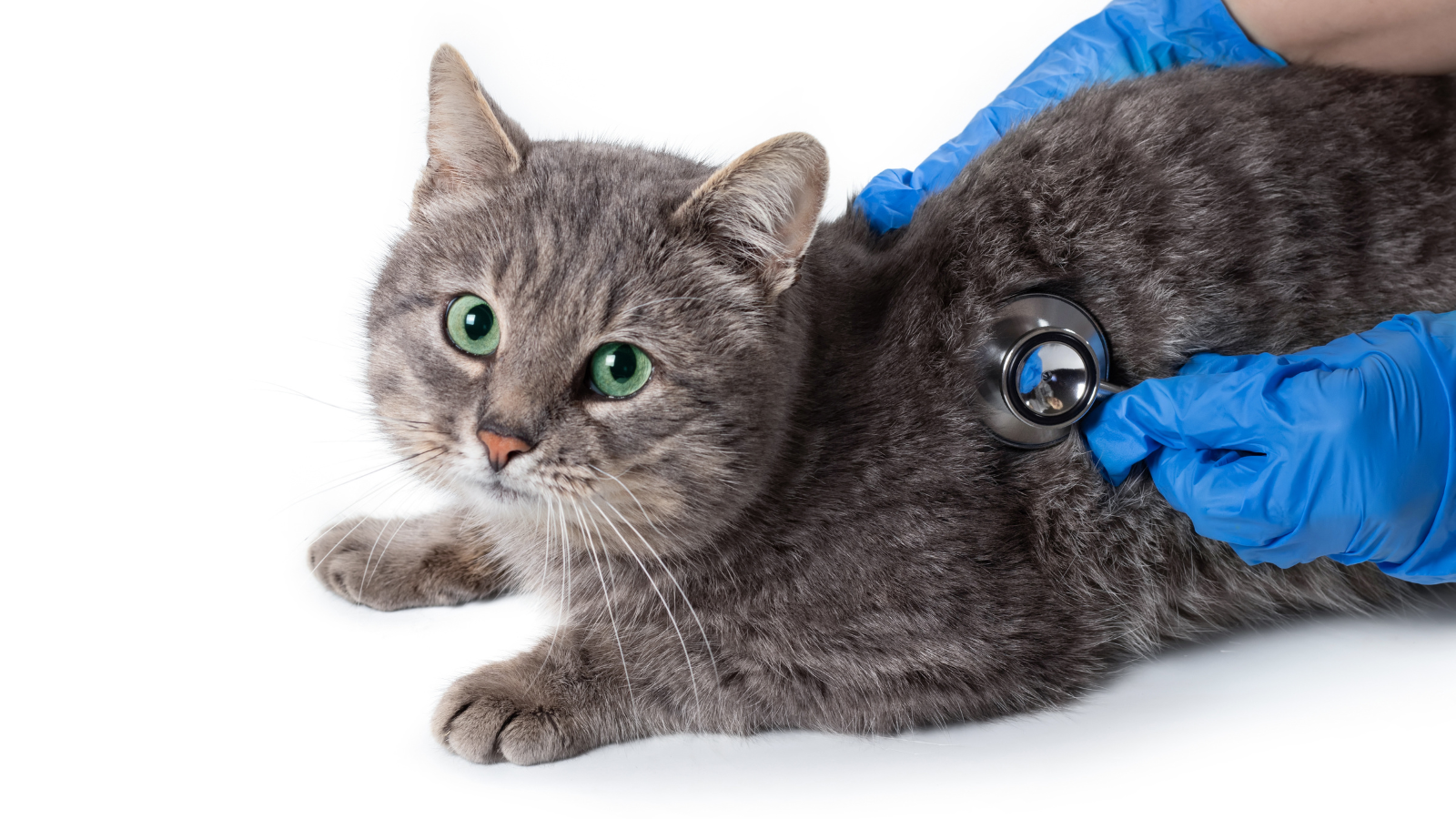Top 10 Houseplants Poisonous to Cats
We use them to decorate and add color and life to our homes and yards, but many times, the plants that we have grown to love are dangerous and the reactions can be severe and even fatal for our feline friends. Are you wondering what house plants are poisonous to cats?
cat's love exploring
You know the old saying, right? Curiosity killed the cat. Cats are curious by nature, which is oftentimes adorable, but in reality, it can be very dangerous for them. We are all aware of the obvious dangers such as predators and traffic, but one of the biggest threats to their safety are under our own roofs: houseplants. There are many plants toxic to cats.
Top 10 Toxic Houseplants
Lilies
Despite their unparalleled beauty, Lilies are one of the most poisonous flowers for cats. From the leaves to the stem and even the water in the vase, the entire lily plant should always be completely kept away from them. The first signs of lily poisoning can include decreased energy, vomiting, loss of appetite and drooling. Those symptoms will start 0-12 hours after ingestion. It is important to contact your vet immediately if you suspect your cat has consumed any part of a lily plant.
Aloe
The answer to the question is aloe toxic to cats may be surprising. Aloe is a great natural remedy for many of the ailments that humans suffer from, so it seems like it should be safe for cats, right? Wrong. If a cat ingests aloe vera juice, they can become very sick. Some of the symptoms include a change in urine color, loss of appetite and in rare cases, tremors. If you believe that your cat has ingested aloe, contact your veterinarian at once.
Asparagus Fern
Though not technically a fern, the asparagus fern is harmful to your cats. Both the leaves and the berries contain chemicals, such as steroidal saponins, that can be very hazardous. If your kitty rubs up against the leaves, toxic saponin based sap can cause swelling of the skin and blisters. In addition, your pet could experience vomiting, diarrhea and stomach upset. If you believe that your kitty has had any contact with an asparagus fern or you believe that they have consumed any part of the plant, is it important that you contact your vet as soon as possible.
Pothos
Pothos are very popular plants due to the fact that there are so many different varieties of pothos plants available, their amazing air-purifying qualities and the ease of growing them. Unfortunately, pothos are toxic to cats. If you suspect that your cat has ingested any part of a pothos plant, contact your vet immediately.
Golden Pothos
Called the Ceylon creeper, money plant, hunter’s robe, and devil’s ivy, the golden pothos plant is poisonous to cats. Due to the raphides and calcium oxalate in the plant, cat owners are advised to keep this one away from their furry friends. Symptoms of golden pothos toxicity can include skin irritation, oral irritation, vomiting, and difficulty swallowing.
Neon Pothos
Sporting heart-shaped leaves in a bright green color, Neon Pothos are easy to care for as any house plant could be with amazing air-purifying abilities. Regrettably, mixing neon pothos and felines is not a good idea as it can be toxic for cats. Similar to the golden pothos poisoning, symptoms include skin irritation, oral irritation, vomiting, and difficulty swallowing. Check with your vet as soon as possible if you suspect your cat has ingested any part of a neon pothos.
Yucca Plant
A popular plant for indoor and outdoor design plans, yucca plants have a variety of plant uses and even has health benefits when consumed by humans. The same can't be said for yucca and cats. Symptoms of yucca plant toxicity include vomiting, diarrhea, convulsions and lack of coordination. If your cat displays a combination of these symptoms and has had access to a yucca plant, contact your vet.
Peonies
Easy to care for and pretty, peonies are a beloved flower. But they're not friends of your feline. Symptoms include depression, vomiting, and diarrhea. If you suspect your cat is ill due to ingesting peonies, call your vet.
Dumb Cane
Dumb cane, dieffenbachia, charming dieffenbachia it goes by many names. Call it what you want, dumb cane can be toxic to cats. Symptoms include oral irritation, intense burning, and irritation of the mouth, tongue, and lips, drooling and difficulty swallowing. Contact your vet as soon as possible if you believe that your feline has consumed a dieffenbachia plant.
Philodendron
Philodendron is an easy plant that makes a great addition to most homes. However, Philodendron leaves contain calcium oxalate crystals which, if ingested, irritate the gastrointestinal tract all of the way through. Cats that have been affected will have oral irritation, swelling of the mouth, drool excessively and show signs of abdominal pain. Prompt treatment by a veterinarian is recommended.
Philodendron Selloum
Native to South America, the philodendron selloum, or tree philodendron, thrives in warm climates and is self heading and easy to care for. These cousins in the family are also toxic to cats.
Heartleaf Philodendron
With its dark green, shiny, heart-shaped leaves and ability to climb, Heartleaf Philodendron, also known as a sweetheart plant, is a popular choice among plant enthusiasts because it is very easy to grow. But it's another one of those plants that should be off limits to your cats.
Eucalyptus
Considering its medicinal properties, craft uses and aromatherapy benefits, it is no wonder that many people find themselves considering eucalyptus plants for both indoor and outdoor uses. but if your cat ingested, any part of the eucalyptus plant will cause excess salivation, vomiting, diarrhea, depression, and weakness in cats and they should be evaluated by a vet promptly.
Rubber Plant
Also known as the Ficus Elastica, there are many different types of rubber plants, from the American rubber plant to the Japanese rubber plant, all of which are dangerous to cats. Symptoms of ingesting part of a rubber plant include diarrhea, vomiting, depression and lack of coordination.
How To Safely Have The Best Of Both Worlds
There are plenty of pet-safe plants and even some that are encouraged such as grasses and catnip.
You can also use protective measures like hanging baskets, cat deterrent sprays and more to keep your cats out of your plants.


